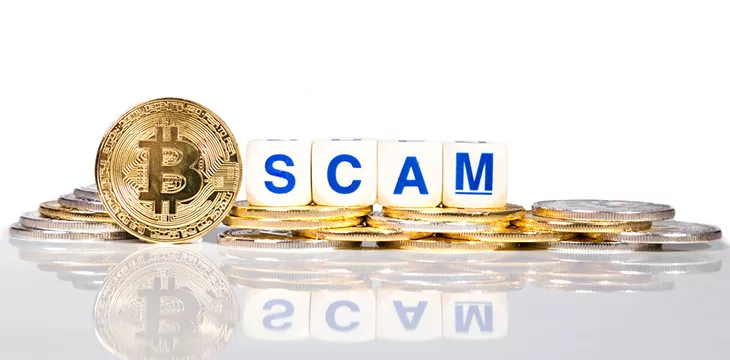|
Getting your Trinity Audio player ready...
|
SafeMoon and three of its executives are facing charges over their involvement in the alleged orchestration of one of the largest ‘crypto’ scams in the market.
In a complaint filed in the Eastern District of New York, the U.S. Securities and Exchange Commission (SEC) accused SafeMoon creator Kyle Nagy, CEO John Karony, and CTO Thomas Smith of misappropriating over $200 million in investor funds for their personal use.
Today we charged SafeMoon LLC, its creator Kyle Nagy, SafeMoon US LLC, and the companies’ CEO, John Karony, and Chief Technology Officer, Thomas Smith, for perpetrating a massive fraudulent scheme through the unregistered sale of the crypto asset security, SafeMoon.
— U.S. Securities and Exchange Commission (@SECGov) November 1, 2023
Nagy launched SafeMoon in March 2021 with the promise that he would “drive the price to stratospheric all-time highs” or “Safely to the Moon.” The project’s marketing materials touted it to be a “self-regenerating automatic liquidity providing protocol” that rewarded holders and punished sellers.
SafeMoon was an instant hit at a time when any ‘crypto’ project that promised massive returns attracted millions of investors.
Between March 12 and April 20, 2021, the token’s price shot a staggering 55,000%. The market capitalization, at its peak, was $5.7 billion despite the project having no utility. SEC claims that over 2.8 million wallet addresses have held the token since its launch.
However, in April, news got out that Nagy had misrepresented critical facts about the project. Most critically, he had claimed that neither he nor the other developers could access the investors’ funds in the liquidity pool.
When confronted by investors, they changed the narrative and claimed they could access the money and rug pull, but they promised to be honest and disclose it before they did.
Nagy and his team didn’t hold up their part of the bargain and continued to raid the liquidity pools for personal use. SEC claimed they used the proceeds to purchase luxury homes, invest in unrelated companies, buy McLaren cars, and pay for extravagant travel.
SafeMoon’s token plummeted by over 50% on April 21 after investors got word that the team could withdraw funds from the liquidity pool. To prop the price, the team used some funds to make outsized purchases and create the illusion of demand.
SEC accuses the three defendants of six counts of fraud and one count of unregistered securities offering. It requested the court to permanently restrain the three from violating securities laws, disgorge all ill-gotten wealth, and pay civil penalties.
“Decentralized finance claims to deliver transparency and predictable outcomes, but unregistered offerings lack the disclosures and accountability that the law demands, and they attract scammers like Kyle Nagy, who use these vulnerabilities to enrich themselves at the expense of others,” commented David Hirsch, Chief of the SEC Enforcement Division’s Crypto Assets and Cyber Unit (CACU).
As of Wednesday, U.S. authorities had arrested Karony in Utah and Smith in New Hampshire. Founder Nagy remains at large.
CoinGeek Conversations with Yves Mersch: Digital currency regulation and the role of BSV blockchain

 09-07-2025
09-07-2025 





